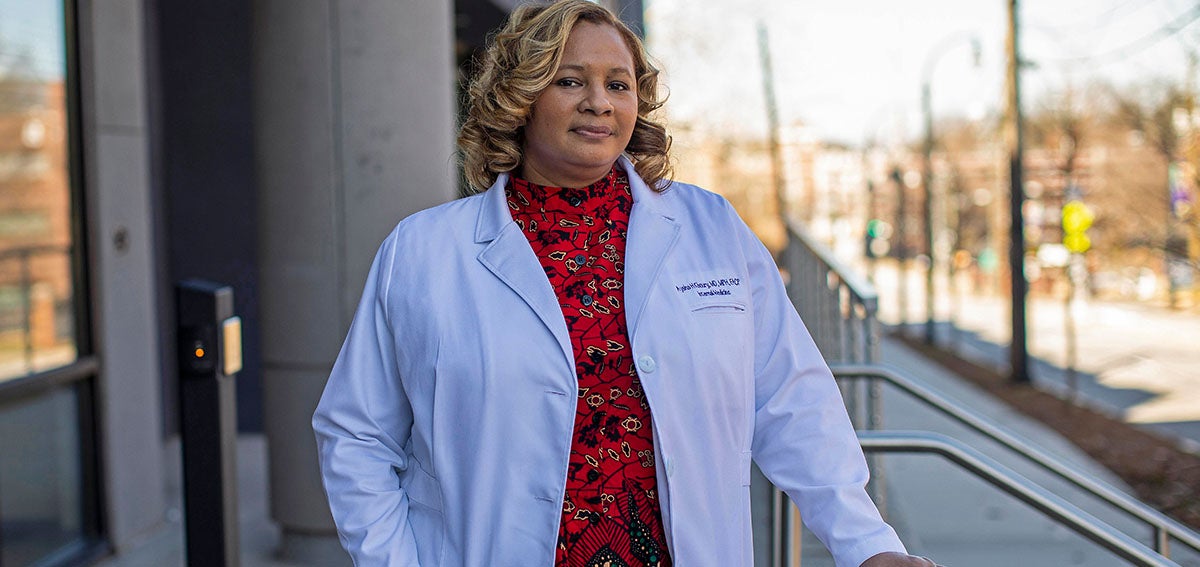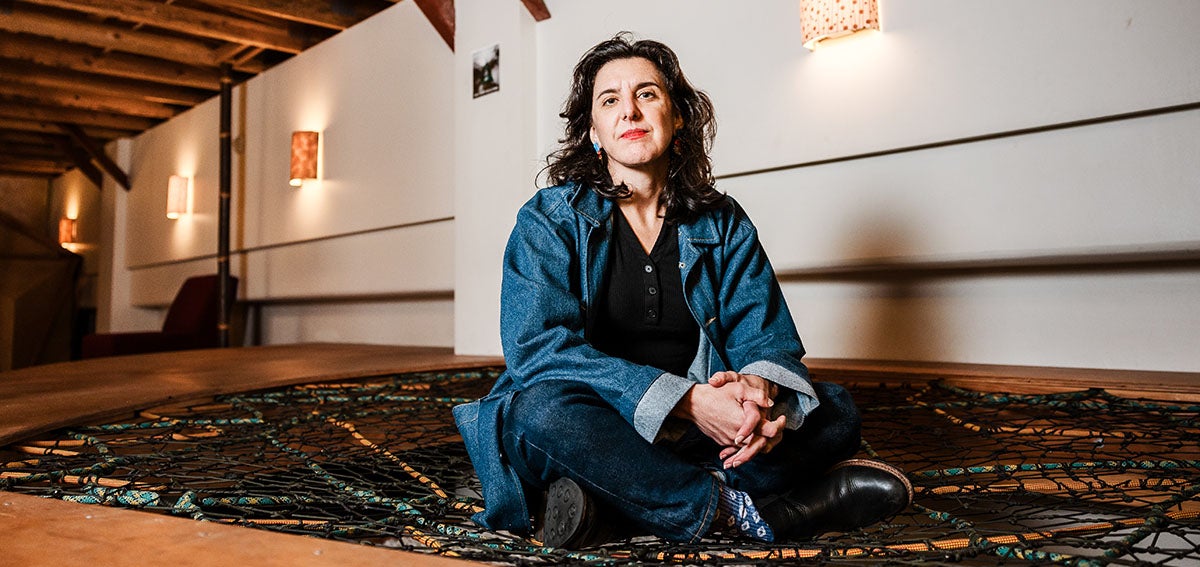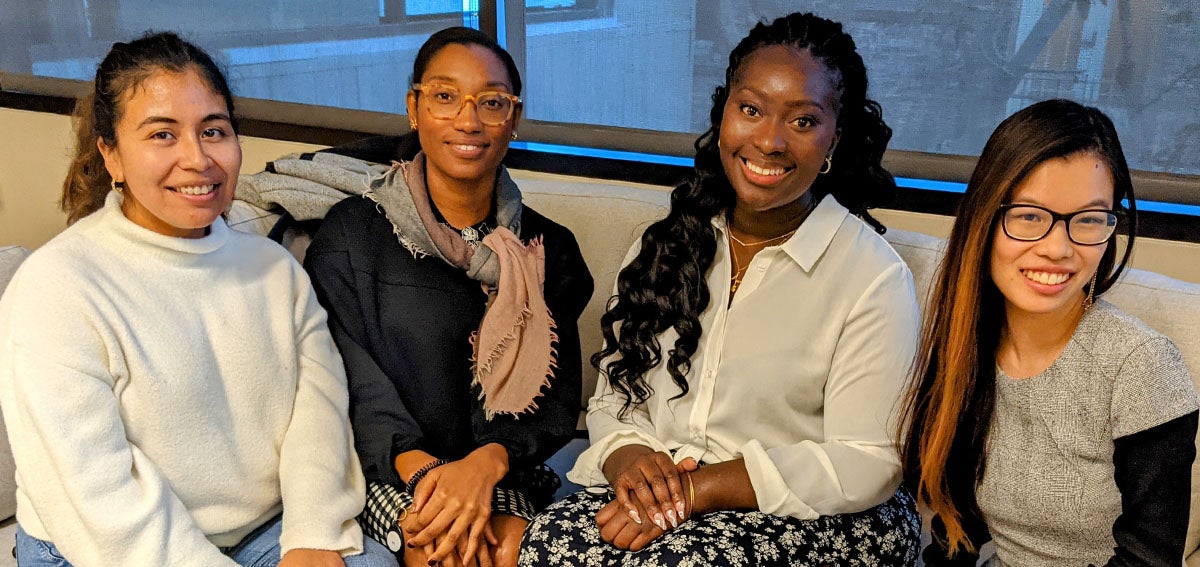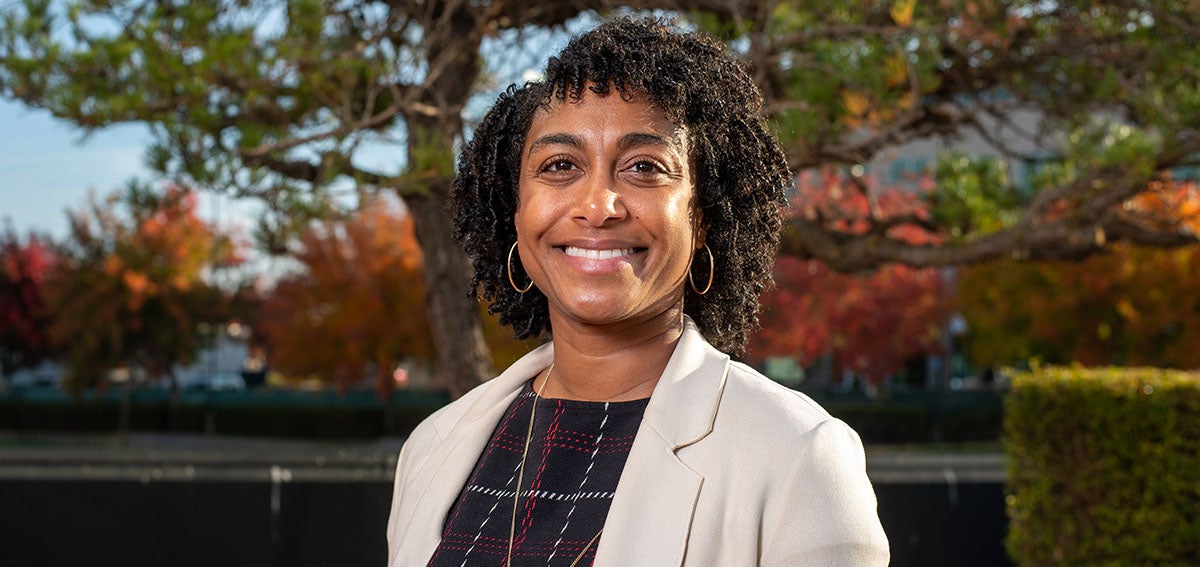
Time and time again, scientific reports and surveys cite some version of the following findings: Black people have the worst health outcomes. Black patients have better health outcomes when they see Black doctors. Black patients prefer Black doctors. Black doctors tend to care for higher proportions of Black patients than their White counterparts.
Yet 53% of Black people in the US say it’s hard to find a Black doctor, which is not surprising. While Black people account for roughly 13% of the US population, they make up only 4% of the physician workforce and 7.3% of medical students. These representational disparities haven’t changed appreciably in decades.
We cannot achieve health equity for Black patients without expanding the Black physician workforce, and the nation’s medical institutions are not achieving that goal. When confronted with this problem, academic medicine leaders attribute the plateauing of the Black physician workforce to factors beyond their control ꟷ things like disparities in primary education and poverty. Medical institutions have yet to honestly examine and address how they perpetuate the problem of a White-dominated physician training system that unjustly excludes, punishes, and dismisses Black medical students, trainees, and attending physicians.
White people must recognize that inclusion is not a zero-sum game, said Camara Jones, MD, MPH, PhD, a Black physician who served as the 2021-2022 UCSF Presidential Chair. “It’s like they feel as if they’re sitting at a potluck,” she said. “They see you come in, and they don’t want you anywhere near the table because they think you’re going to come eat up all the food. . . . They don’t see that you’re bringing all kinds of cakes and pies and roasts.”
This phenomenon is neither new nor accidental.
To continue reading the full article, visit this CHCF web page, which was published today.
Authors & Contributors

Vanessa Grubbs
Vanessa Grubbs, MD, is a board-certified nephrologist and internist, as well as founder and president of Black Doc Village, a nonprofit organization focused on expanding the Black physician workforce. She is the author of Hundreds of Interlaced Fingers: A Kidney Doctor’s Search for the Perfect Match. Grubbs received her medical degree from Duke University and specialty training in kidney diseases at UCSF. She is an alum of the CHCF Health Care Leadership Program.
She lives in Oakland, and her personal website is thenephrologist.com.

Alyssa Pointer
Alyssa Pointer is a documentary and commercial photographer based in Atlanta, Georgia. She strives to create impactful and authentic storytelling images of people within their community.
Her personal work focuses on everyday life and politics within the American South.





